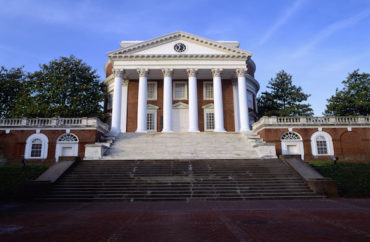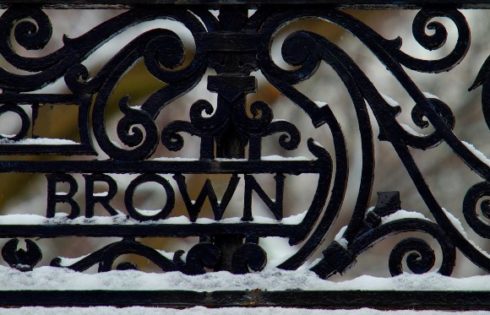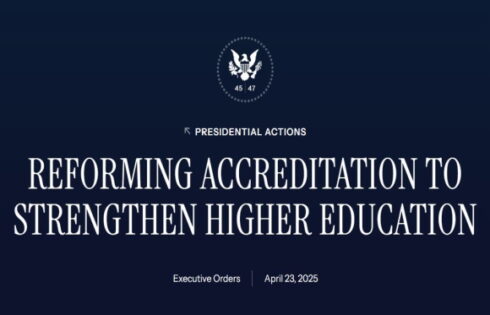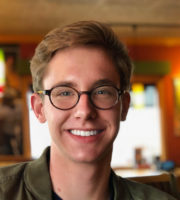
The school may or may not have met the criteria for the award
A prestigious public university in Virginia recently won recognition from an advocacy group for a purported increase in the diversity of its student body. But the school isn’t fully explaining what criteria it met to win that award.
Last week the University of Virginia posted a celebratory release on its website commending its engineering department for earning “national recognition for diversity focus” from the American Society for Engineering Education’s Diversity Recognition Program.
The award is given to schools that “have an established infrastructure… to support diverse populations including those underrepresented in Engineering,” according to the recognition program. These include “First Generation, Women, Underrepresented Minorities, Lesbian, Bisexual, Gay, Transgender and Queer…and Persons with Disabilities.”
When asked, however, the school was evasive about what measures it had actually implemented that led to its winning the award.
The College Fix reached out to the school to determine what criteria exactly were met to receive the award. The Fix specifically asked how the school, per its press release, made “significant, measurable progress in increasing the diversity, inclusion, and degree attainment outcomes of their programs.” That language is found on the ASEE’s Diversity Recognition Program website.
School of Engineering spokeswoman Elizabeth Mather only offered a partial explanation for meeting the organization’s goals. Mather first pointed The Fix to the ASEE’s Diversity Recognition Program webpage. That page outlines four broad criteria which must be met to win the Bronze Award. A university must “develop a Diversity Plan,” “commit to at least one K-12 or community college pipeline activity with explicit targeted goals… aimed at increasing the diversity” of the campus, promise to develop “strong partnerships” with “schools serving diverse populations,” and make “proactive strategies to increase the representation of diverse groups” in the school’s faculty.
It is unclear if the school has met all of these goals, or indeed any of them. The university’s press release says that the school “leads a national study aimed at analyzing achievement gaps between the majority of students and those from backgrounds traditionally underrepresented in engineering,” though whether or not that meets any of the criteria is unsaid. Mather did not respond to followup questions asking for further clarification.
The press release also states that the school is “one of 10 U.S. engineering schools participating in the A. James Clark Scholars Program, established by the A. James & Alice B. Clark Foundation to provide academic and financial opportunities for outstanding students from diverse backgrounds,” and that the engineering school’s “second cohort of Clark Scholars is preparing to start its first semester at the University.”
Regarding a “K-12…pipeline activity,” Mather told The Fix that engineering school faculty, staff and students “participate in and lead multiple activities that are designed to interest elementary, middle and high school students in STEM. This includes summer camps for children on our grounds and an annual open house in which families and members of the public are invited to spend the day visiting labs and seeing engineering demonstrations.”
Though the engineering school only directly confirmed one of the four stated criteria for the award it received, the American Society for Engineering Education was even less reluctant to clarify what benchmarks the school met.
The Fix queried the ASEE asking how the organization measures an institution’s success in implementing its goals. A response directed The Fix to the “Recognition Levels and Criteria” page of the organization’s website.
“We suggest any further inquiries be directed to the communications staff at the University of Virginia,” the organization said.
MORE: Multiple universities offer ‘cultural diversity scholarships’
IMAGE: Joseph Sohm / Shuttersock.com
Like The College Fix on Facebook / Follow us on Twitter






Please join the conversation about our stories on Facebook, Twitter, Instagram, Reddit, MeWe, Rumble, Gab, Minds and Gettr.